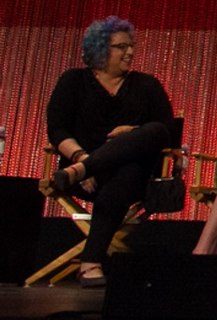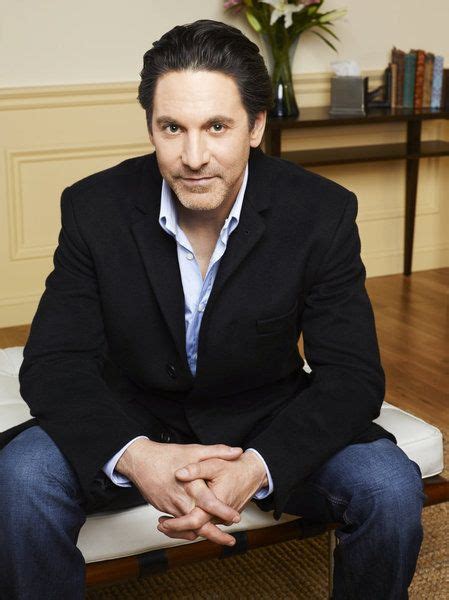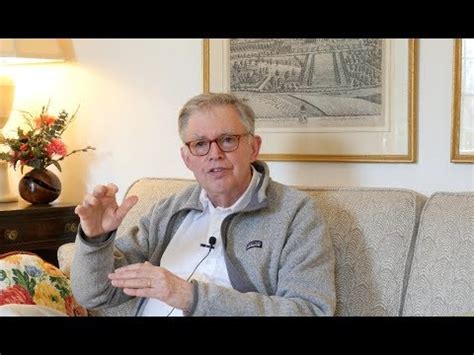Цитата Пита Буттиджига
В «Дворцах для людей» Эрик Клиненберг предлагает новый взгляд на то, что люди и места должны делать друг с другом, рассматривая социальную сторону наших физических пространств.
Связанные цитаты
Я всегда ищу те места, где можно столкнуть действительно непохожих друг на друга людей, и им приходится иметь дело друг с другом. Сейчас очень мало перекрестков. Мы говорим об этой стране как о большом плавильном котле, но это мозаика. Есть все эти части, они рядом друг с другом, они не обязательно смешиваются. И я ищу места, где люди действительно общаются.
Нью-Йорк — это просто Нью-Йорк. Это тяжелый город, в нем тяжело жить. Это город отчаяния. Он наполнен мошенниками и людьми, которые всегда ищут вход и выход, и большинству людей приходится действительно пробиваться через эти джунгли, чтобы добраться до другой стороны; другая сторона является местом спокойствия и мира, дома и безопасности.
Америка не станет на сторону людей, которые думают, что наши лучшие дни уже позади. Он не будет на стороне людей, которые думают, что мы натравливаем людей друг на друга, даже если они в глубине души верят (а я думаю, что некоторые из этих людей верят), что, знаете ли, в конечном итоге Трамп все исправит.
Людям нужны немедленные места, чтобы освежиться, заново открыть себя. Наше окружение, как созданное, так и естественное, оказывает немедленное и постоянное влияние на то, как мы себя чувствуем и действуем, а также на наше здоровье и интеллект. Эти места влияют на наше самоощущение, на наше чувство безопасности, на то, какую работу мы выполняем, на то, как мы взаимодействуем с другими людьми, и даже на нашу способность функционировать как граждане в условиях демократии. Короче говоря, места, где мы проводим время, влияют на то, кем мы являемся и кем можем стать.
В фэнтезийных историях мы учимся понимать отличия других, учимся состраданию к тем вещам, которые не можем понять, мы учимся тому, как важно сохранять чувство удивления. Странные миры, существующие на страницах фантастической литературы, учат нас терпимости к другим людям и местам, рождают открытость к новому опыту. Фэнтези представляет мир так, как это редко делает «реалистичная» литература. Это не столько бегство от «здесь и сейчас», сколько расширение кругозора каждого читателя.

































